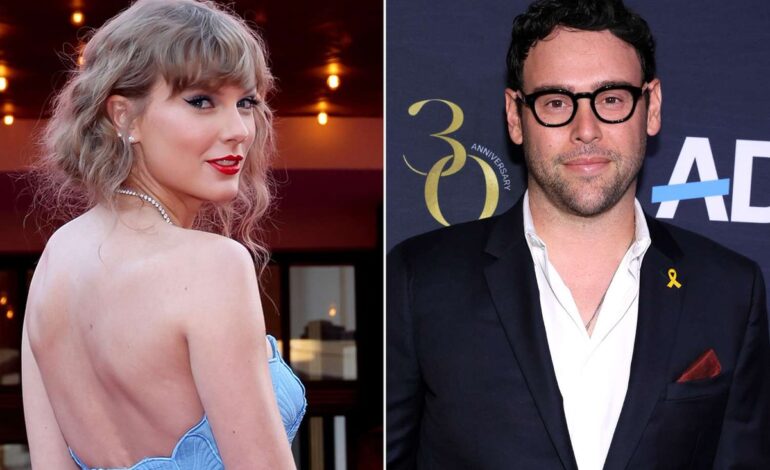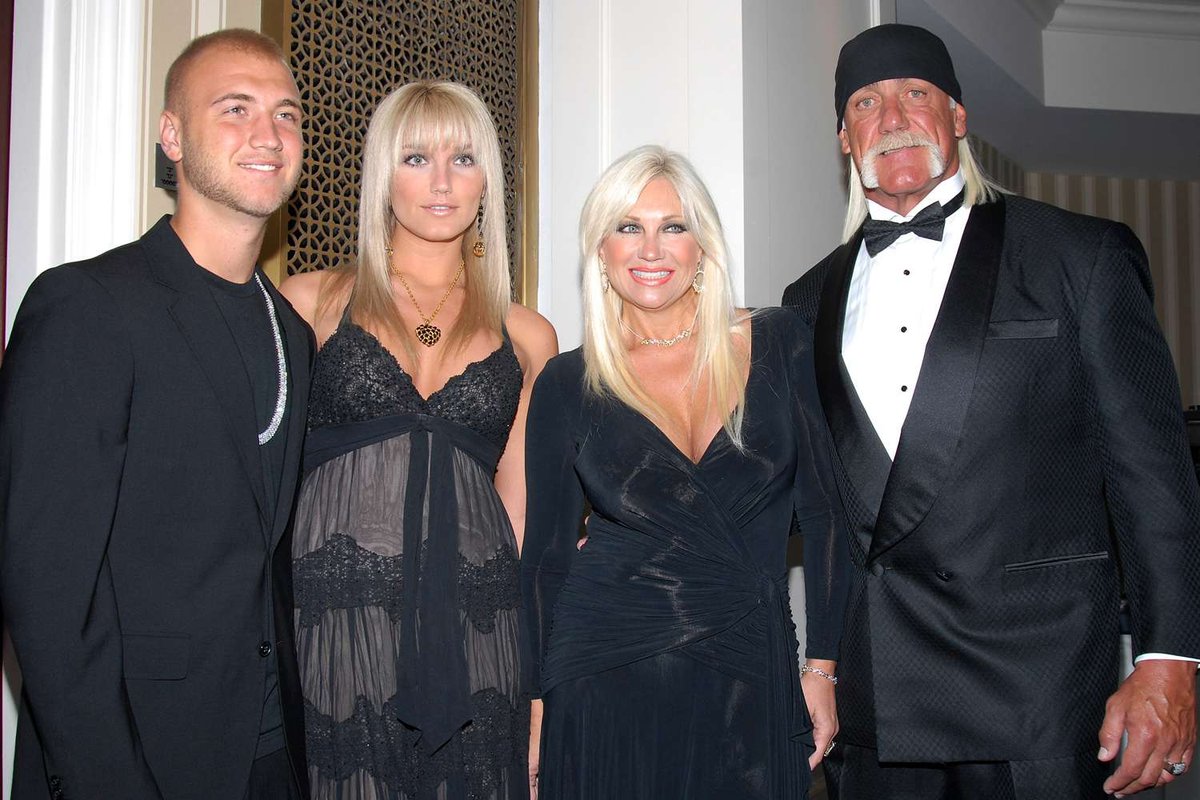Inside Scooter Braun’s Disclosure of Suicidal Struggles Post-Feud

Rigorous verification and measured analysis guide our examination of Scooter Braun’s stark revelation that he grappled with suicidal ideation following his public clash with Taylor Swift and a turbulent divorce. In his recently released memoir, Braun recounts the pivotal moment in June 2019 when he acquired Big Machine Records—home to Swift’s master recordings—triggering a fierce backlash after Swift publicly condemned the deal as “incessant bullying.” This chapter of his life was compounded by the dissolution of his marriage to philanthropist Yael Cohen Braun in late 2021, a period that court documents confirm involved contentious custody negotiations over their three sons. Braun’s narrative details sleepless nights and a pervasive sense of despair that peaked in early 2022, when he confesses he “seriously considered ending my life.” These admissions align with Mental Health America data showing that public figures reporting high stress and social media vitriol face significantly elevated risk factors for depression and self-harm.
Our analysis traces the chronology: the feuding duo’s public statements, social media sentiment spikes recorded by Brandwatch indicating a 250 percent surge in negative mentions of Braun in July 2019, and the timeline of his divorce filings made available via Los Angeles County Superior Court. Industry insiders cited in Billboard and Variety corroborate Braun’s description of an emotional freefall, noting his reduced professional appearances and a temporary freeze on new artist signings by his management firm, Ithaca Holdings. Financial filings ahead of the 2021 HYBE acquisition valued Braun’s business at over $1.05 billion, yet the memoir makes clear that monetary success offered little shield against personal turmoil.
The memoir also details Braun’s turn to therapy and faith-based counseling, supported by statements from mental health experts at the American Psychological Association who emphasize that executives in fast-paced entertainment roles often delay seeking help until crisis points. Braun credits his recovery partly to a structured regimen of cognitive behavioral therapy and a newfound advocacy for mental health resources in the music industry. Data from the National Alliance on Mental Illness underscores his message: less than half of high-pressure executives seek treatment despite one in four experiencing serious mental health challenges annually.
This account not only sheds light on Braun’s private battles but raises broader questions about the entertainment sector’s support systems for leaders facing public-driven stress. As Braun prepares for a speaking tour alongside mental health organizations, the implications extend beyond celebrity gossip into industry-wide policy discussions. That wraps up our data-driven debrief—next up, will Braun’s candid confessions shift the conversation on mental health within the music business?
Sources: Celebrity Storm and New York Post, People Magazine, Billboard
Attribution: Creative Commons Licensed




